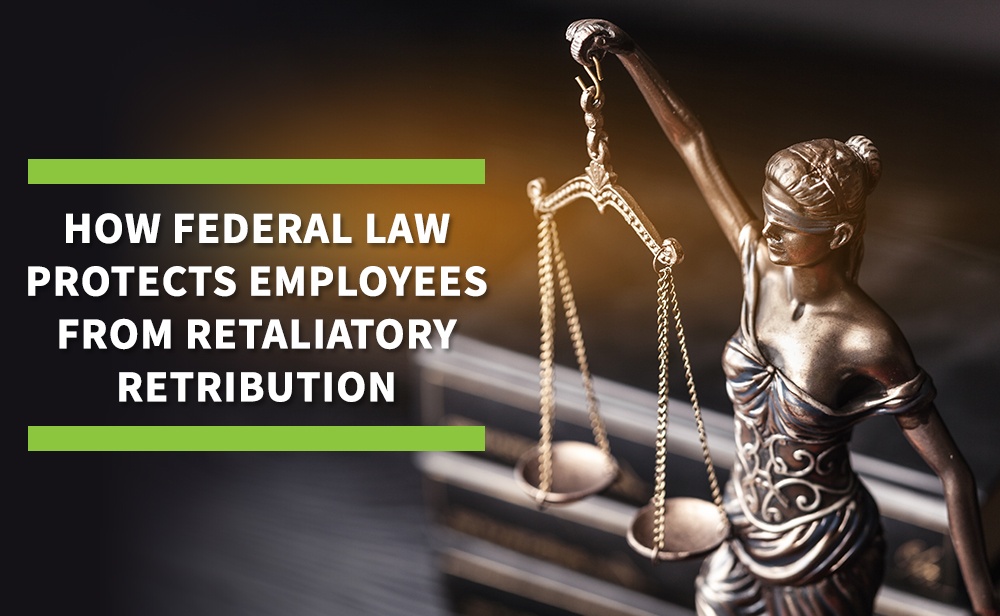How Federal Law Protects Employees From Retaliatory Retribution

In a recent Fourth Circuit decision of David v. Winchester Medical Center, No. 18-1141 (Jan. 11, 2019), the appellate court held that when during severance negotiations, a former employee raises the issue of discrimination afoot and then rejects the employer’s separation proposal, the employer has no legal obligation to continue talking or negotiating.
Importantly however, the Fourth Circuit noted that if the employer abruptly withdraws a live-severance proposal because a former employee raises an age, gender, or another discrimination complaint, that conduct can constitute illegal retaliation under the relevant federal law. See id. (citing to Paquin v. Fed. Nat. Mortg. Assoc., 119 F.3d 23, 31 (D.C. Cir. 1997)). What's the difference? In the second scenario the employee rejects nothing but raises what the court calls "protected activity."
Often in an at-will employment environment, severance is discretionary. It is not owed. Thus, an employer can simply stop offering it. As a result, the Fourth Circuit affirmed the trial court dismissal below of the employee's retaliation claim. The cessation of talks does not indicate retaliatory malice. However in the hypothetical above, noted by the Court, it would be illegal for an employer to withdraw a severance offer in retaliation for raising good-faith complaints of discrimination afoot.

In Burlington v. White, the U.S. Supreme Court clarified that retaliation by an employer covers any action that would act as a reasonable deterrent to an employee to engage in protected activity. Burlington N. & Santa Fe Ry. v. White, 548 U.S. 53, 71-72 (2006) (concerning suspension without pay).
An employer’s retaliatory opposition to unemployment benefits is illegal. See Koger v. Woody, Civ. No. 3:09-CV-90, 2009 U.S. Dist. LEXIS 77433, at *10 (E.D. Va. Aug. 28, 2009) (holding that, based on Burlington v. White, that “a former employer’s false challenge to a former employee’s unemployment compensation benefits could objectively ‘dissuad[e] a reasonable worker from making or supporting a charge of discrimination’ and thus support a claim for retaliation); accord Wermann v. Excel Dentistry, P.C., 2014 U.S. Dist. LEXIS 29091, at *8 (S.D.N.Y. Feb. 25, 2014).
While David v. Winchester Medical Center is not controlling precedent in Maryland because it is an unpublished decision, it is a helpful reminder: Employees who engage in protected activity under federal law are protected from retaliatory retribution even after they leave the worksite and the employment.
To learn more about how federal law protects employees from retaliatory retribution, reach out to Mosson Law, LLC based out of Towson, MD. As a leading employment and family law attorney, I focus on representing employees in claims of illegal discrimination, retaliation, disability rights violations, wrongful termination, and owed wages. I also represent family members navigating the complexities of separation, custody, divorce, and alimony.
To learn more about how I can help you, please click here, or get in touch with me by clicking here.
Gregg H. Mosson, Esq.
Mosson Law, LLC
www.mossonlaw.com